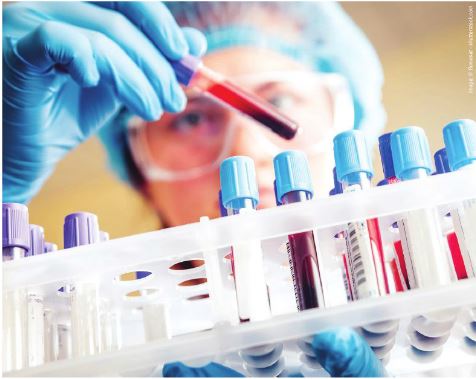
HIV-screening by GPs could reduce incidence and cost
pharmafile | July 31, 2017 | News story | Sales and Marketing | GP, HIV, NHS, biotech, drugs, pharma, pharmaceutical
Researchers have found that offering first-time patients a HIV test in an area of high-prevalence could help reduce levels of the infection and the cost of treatment in the long-term. The study saw 86,000 people from 40 GP surgeries be tested for the infection, with diagnosis of HIV quadrupling as a result.
It seems that the common sense answer would be for this action to be rolled out in all areas of high-prevalence immediately but there is a hitch that may be unwelcome to a government struggling with the NHS bill – the short term cost. Higher diagnosis of HIV means that more individuals will be put on medicine to manage the infection, leading to short term increase in cost of managing levels in the population.
However, cost should not be the determining factor when the study clearly finds that the long-term results are positive. This even relates to costs, as more people being aware of their infection would be less likely to spread the infection and less likely to develop adverse health condition as a result of the virus.
If rolled out broadly across all high-prevalence areas, the scheme would become cost-effective in 33 years but potentially even sooner when other previously mentioned factors considered. There are 74 high-prevalence authorities out of 325 to which the scheme would be appropriate and it would cost £4 million to begin screening in all of these areas.
Dr Clare Highton, City and Hackney Clinical Commissioning Group said: “Public health, specialist and CCG commissioners should take note of these important results showing the value for money of screening for HIV in primary care. This intervention means that people with HIV are able to live longer and healthier lives and the spread of infection to other people is halted.”
Highton’s comments are, for all discussions of cost and limiting the spread of the virus, the most pertinent – on an individual level to find out early about an infection could be incredibly important to an individual’s life.
Ben Hargreaves
Related Content

Digital mental health technologies – a valuable tool in supporting people with depression and anxiety
The potential benefits of digital mental health technology for managing depression, anxiety and stress, together …

Arkin Capital closes $100m fund for pre-clinical and early clinical-stage biotech
Arkin Capital has announced the closing of Arkin Bio Ventures III, a $100m fund designed …

Cellbyte raises $2.75m to fund pharma drug launch platform
Cellbyte has announced that it has raised $2.75m in seed funding for the streamlining of …






